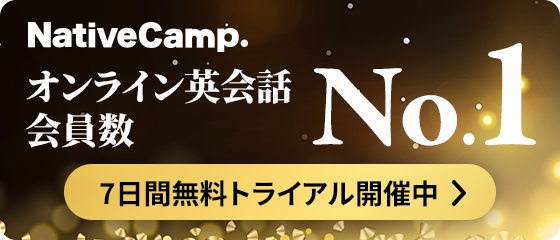tsumikiさん
2023/11/21 10:00
お小遣いで買ってくれたんだろう を英語で教えて!
子供が誕生日にお花を買ってくれたので、「お小遣いで買ってくれたんだろう」と言いたいです。
回答
・You probably bought it with your pocket money, right?
・You likely got it with your allowance, didn't you?
・I bet you purchased it with your spending money, didn't you?
You probably bought it with your pocket money, right?
それ、きっとお小遣いで買ってくれたんだね?
この表現は、話し手が相手が小額のお金(たとえば、お小遣い)で何かを買ったと推測していることを示しています。ニュアンスとしては、購入した物の価値が低いか、あるいは相手がまだ子供や学生であるために、大金を持っていないと想定していることが含まれます。使えるシチュエーションは、例えば親が子どもの新しいおもちゃやゲームについて尋ねる場合や、友人が他の友人の新しいアクセサリーや服について尋ねる場合などが考えられます。
You likely got it with your allowance, didn't you?
それ、お小遣いで買ってくれたんでしょ?
You bought these flowers for my birthday with your pocket money, didn't you?
誕生日にこれらの花をお小遣いで買ってくれたんだね?
「You likely got it with your allowance, didn't you?」は、相手がお小遣いでそれを手に入れたことを予想・推察している様子を表しています。一方、「I bet you purchased it with your spending money, didn't you?」はもっと強い確信を表し、相手が自分の使い道の自由があるお金でそれを購入したと確信していることを示しています。I betは相手の行動に対する確信を表します。
回答
・buy with one's pocket money
・spend one's allowances on...
buy with one's pocket money
お小遣いで買う
「one's」の部分には、主語に呼応した所有格(my / your / his / her / their / our)が入ります。 「pocket money」お小遣い
She must have bought this bouquet with her own pocket money.
彼女は、この花束を自分のお小遣いで買ってくれたんだろう。
「must + have (過去分詞)」で、~だったにちがいない・〜したのだろうという強めの推測の意味になります。「bouquet」花束
spend one's allowances on...
お小遣いを〜に使う
「spend on」〜に使う、「allowances」お小遣い
He must have spent his allowances on getting these flowers.
彼は、花束を自分のお小遣いで買ってくれたんだろう。




